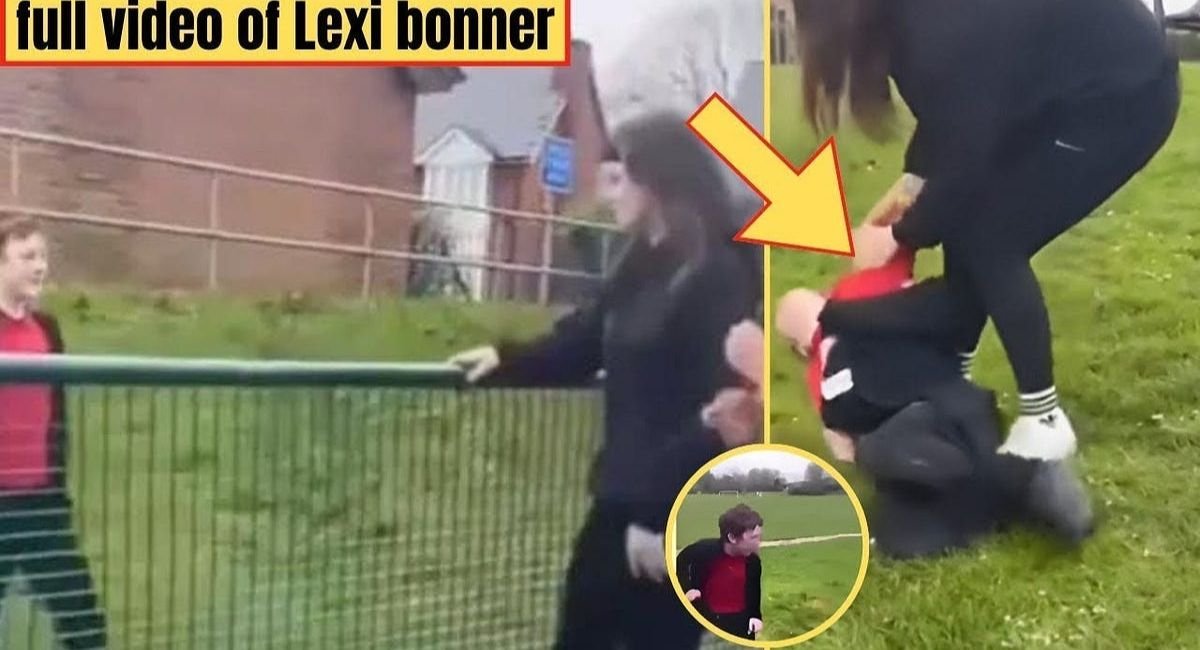One of the amazing things about social media is its ability to turn regular names into viral sensations overnight. Among such names is Lexi Bonner, which sparked a pervasive rumor that left many users of social networking sites asking, “What happened to Lexi Bonner?” This blog post looks into the origins of these rumors, examines credible sources, and gives insight into the effects of misinformation on social media campaigns.
The Real Story About Rumors
A series of unchecked posts and speculative tweets marked the beginning of the “What happened to Lexi Bonner?” phenomenon. Understanding how this gossip spread requires examining its roots. The first reference came from an obscure forum where one user claimed to have inside information about Lexi Bonner. This was followed by the rumor hitting major platforms like Instagram, Twitter, and Facebook.
No official statements or credible sources have affirmed claims concerning Lexi Bonner after the investigation. The most reliable news outlets have not reported anything about her, implying that it is just an unsubstantiated claim. Additionally, extensive searches in publicly available records reveal no evidence supporting her death or any incident. Consequently, we can conclude that this rumor lacks genuineness.
The Power Of Social Media
Social media can be seen as a double-edged sword since it allows for connection and rapid sharing but also enables the rapid spread of unsubstantiated assertions. The Lexi Bonner phenomenon shows how easily false information spreads, highlighting how social media perpetuates these rumors.
Algorithms on social media prioritize content with high engagement; hence sensational stories may go viral, whether true or false. This leads to misinformation thriving more than ever, thus requiring users to be more careful in their decision-making. Therefore, it’s our role as recipients of information to ascertain the truth of what we read or hear before sharing it, especially when it could be detrimental and untrue.
The Fallout From The Phenomenon
The effects of the Lexi Bonner rumors have been far-reaching. Her name has practically become synonymous with the perils of viral misinformation. For Lexi, assuming she is alive, this gossip may have caused much pain. Her family members, friends, and the community at large are adversely affected due to undue worry and emotional stress.
Such a case highlights how costly it can be when unverified stories are shared. Often people forget that each name on these platforms represents an actual person with a life and family who online speculations can deeply hurt.
What Have We Learned?
What can we learn from the “What happened to Lexi Bonner?” phenomenon? First and foremost, critical thinking is essential while consuming online information. Always ask yourself where this information comes from before accepting it as a fact.
Steps to Debunk Rumors and Check Facts
Check the Source: Always look into who is giving the information. Sieve out those coming from reputable news outlets or unknown sources.
Look for Confirmation: Ensure that your claims are based on multiple reliable sources.
Be Skeptical of Sensationalism: Sensational stories often aim at eliciting strong reactions; beware!
Report Misinformation: Platforms like Facebook and Twitter have tools for reporting false information. Use these tools to stop spreading rumors.
In the Age of Digital Misinformation, Seeking Truth is Vital
The example of “What happened to Lexi Bonner?” underscores the importance of not engaging in disseminating unverified data. As social media users, we need to ensure that we post only accurate and well-referenced materials to maintain a healthy information ecosystem.
Promoting truth and applying critical reasoning skills will cultivate an informed and responsible online community. Always remember the saying: verify before sharing.
Conclusion
In today’s fast-paced digital world, the Lexi Bonner rumors serve as a stark reminder of the power and pitfalls of social media. While these platforms offer incredible connectivity and information-sharing opportunities, they also pose significant risks of misinformation. By adopting critical thinking and responsible sharing habits, we can help foster a more accurate and trustworthy online environment. The next time you encounter a sensational story online, take a moment to verify its authenticity before contributing to its spread.
FAQs
What triggered the Lexi Bonner rumors?
The rumors started from an obscure forum post and quickly spread across major social media platforms without any credible verification.
How can misinformation on social media be prevented?
Misinformation can be prevented by verifying sources, looking for confirmation from multiple reliable sources, being skeptical of sensationalism, and reporting false information.
What impact did the Lexi Bonner rumors have on her and her community?
The rumors likely caused undue worry and emotional stress for Lexi Bonner, her family, friends, and the broader community.
Why is media literacy important in the digital age?
Media literacy is crucial because it enables individuals to critically evaluate information, distinguish reliable sources from unreliable ones, and make informed decisions based on accurate information.
What steps can individuals take to improve their media literacy?
Individuals can improve their media literacy by checking sources, seeking confirmation from multiple reliable sources, being skeptical of sensational stories, and using tools to report misinformation.


